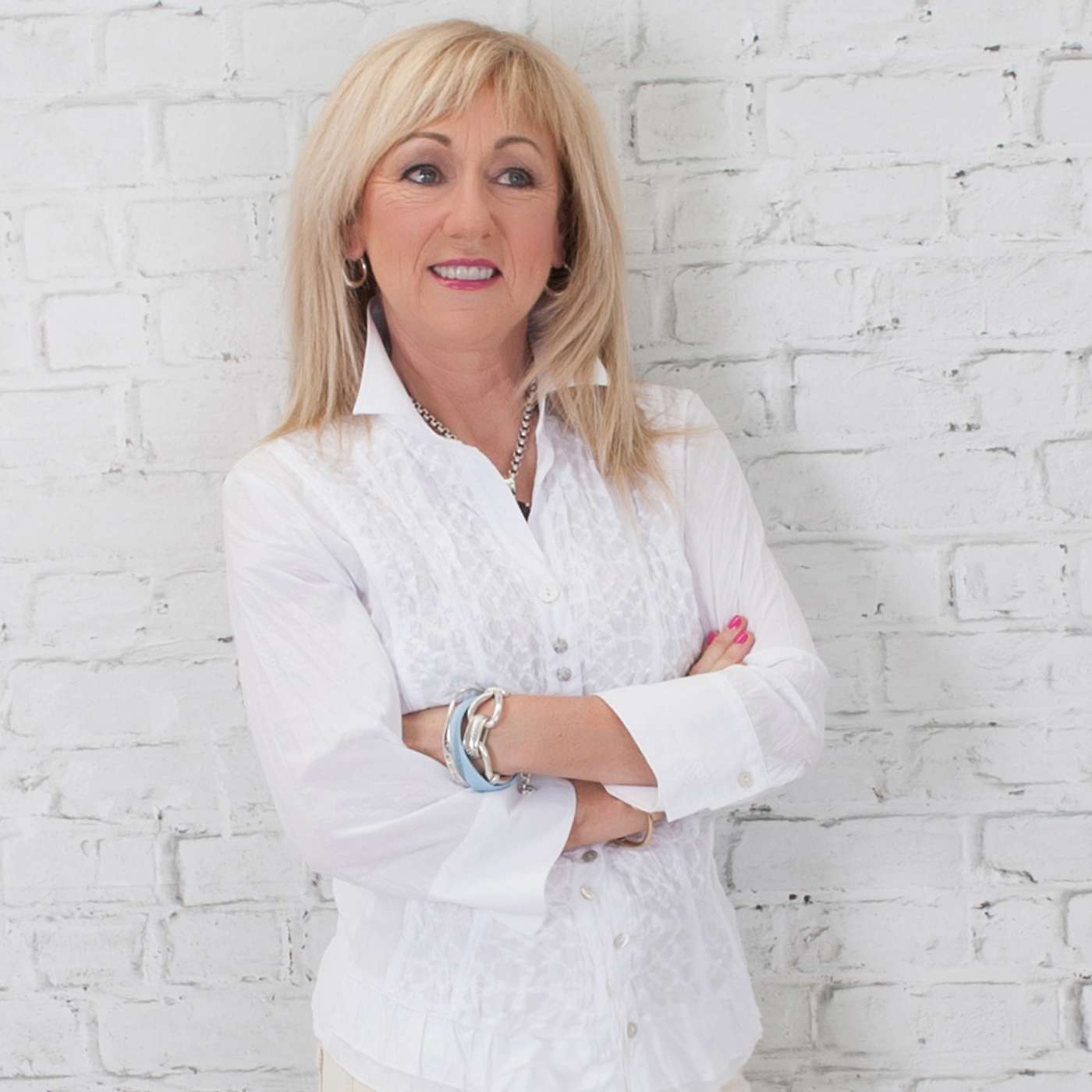Mindset Mastery with Deirdre Maguire
How to Say No (Without Guilt)
Feb 25, 2026
Deirdre Maguire
The Reframe (You Already Know How to Say No)
You might think you can’t say no — but the truth is, you’re saying no all the time.
There is a universal principle at play — the law of polarity, the law of opposites:
Front and back. Up and down. In and out. Yes and no.
Every time you say yes, you are automatically saying no to something else.
Saying no isn’t negative.
It’s directional.
Every no is really a yes in disguise.
3-Step Practical Takeaway
1. Pause – “Let me check and come back to you.”
2. Be clear, not detailed – “That doesn’t work for me right now.”
3. Stay calm in your body – breathe, drop the shoulders.
I’m not saying no – not now
“What am I saying yes to if I say No to this.
 How to Say No (Without Guilt)
23:36
How to Say No (Without Guilt)
23:36
 Tune into the Confident You
27:33
Tune into the Confident You
27:33
 Tune into the Confident you
22:52
Tune into the Confident you
22:52
 Dates and Confidence
19:43
Dates and Confidence
19:43
 Sky Blue Monday - Choosing Peace – Even on Hard Days
28:55
Sky Blue Monday - Choosing Peace – Even on Hard Days
28:55
 The P.E.A.C.E. Christmas Checklist
23:50
The P.E.A.C.E. Christmas Checklist
23:50
 What we don't eat
22:53
What we don't eat
22:53
 Jolly January – Why This Month Might Be the Making of Your Year
16:41
Jolly January – Why This Month Might Be the Making of Your Year
16:41
 Chaos at Christmas
18:40
Chaos at Christmas
18:40
 Christmas Peace
23:47
Christmas Peace
23:47
 Taming Your Inner Grinch: How to Stop Christmas Overthinking & Actually Enjoy the Season
18:06
Taming Your Inner Grinch: How to Stop Christmas Overthinking & Actually Enjoy the Season
18:06
 Beat the Christmas rush — go from chaos to in charge in 3 steps
24:14
Beat the Christmas rush — go from chaos to in charge in 3 steps
24:14
 More than a Moustache
23:00
More than a Moustache
23:00
 Para Social Relationships
20:29
Para Social Relationships
20:29
 Are We Hooked to Stress?
18:40
Are We Hooked to Stress?
18:40
 Think Like A Winner
18:52
Think Like A Winner
18:52
 Victimhood
26:13
Victimhood
26:13
 Fun is Essential - Not a Luxury
15:38
Fun is Essential - Not a Luxury
15:38
 Manifesting Made Simple
18:32
Manifesting Made Simple
18:32
 Drop the Pretending, Lighten the Load: Why Honesty Makes Life Easier
19:49
Drop the Pretending, Lighten the Load: Why Honesty Makes Life Easier
19:49
 Untitled Episode
17:44
Untitled Episode
17:44
 Should We Complain?
22:17
Should We Complain?
22:17
 How to get what you want-While You Sleep
25:44
How to get what you want-While You Sleep
25:44
 Is Frank becoming a hippie?
20:12
Is Frank becoming a hippie?
20:12
 When Life Says “Sit Down”
23:11
When Life Says “Sit Down”
23:11
